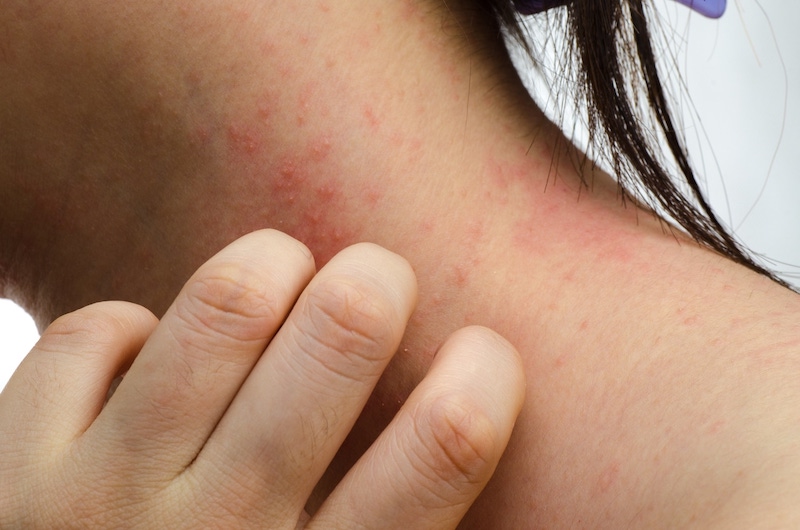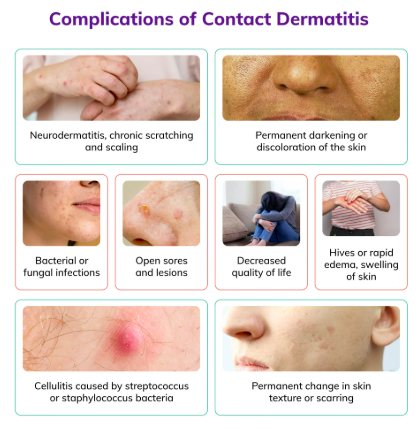


Date: 04 Jun 2025
Contact dermatitis is a common skin condition that results in red, itchy, and inflamed skin caused by direct contact with an irritant or allergen. Although it is not contagious or life-threatening, it can significantly disrupt daily life due to discomfort and flare-ups. Effective treatment and proper skin care can help manage and prevent future reactions.
Contact dermatitis occurs when the skin reacts to a substance it has touched. The reaction can be either irritant contact dermatitis (ICD) or allergic contact dermatitis (ACD):

Symptoms usually appear within hours or days of exposure and are localized to the area of contact.
Managing contact dermatitis involves both soothing active flare-ups and preventing future reactions. Pharmily Kenya offers a variety of dermatologist-recommended products to help you restore comfort and skin health.
Although primarily marketed for muscle relief, this camphor and menthol-based cream provides a cooling sensation that can soothe irritated and itchy skin. The menthol helps to reduce the itch response, while camphor calms inflammation. It's best applied in small amounts to affected, unbroken skin for temporary relief of contact dermatitis discomfort.
Formulated with natural colloidal oatmeal, this lotion provides long-lasting moisture and helps restore the skin’s protective barrier. It’s fragrance-free and suitable for sensitive skin, making it ideal for daily use in contact dermatitis management. It also reduces itching and flakiness commonly associated with skin inflammation.
This dermatologist-recommended cream contains ceramides and hyaluronic acid, essential for repairing and maintaining the skin barrier. It’s particularly useful for treating the dry, cracked skin seen in contact dermatitis and can prevent future flare-ups. Its non-comedogenic, fragrance-free formula is gentle even on the most sensitive skin types.
5. Bio-Health Hyperidrine St John's Wort
Bio-Health Hyperidrine St John's Wort - 300mg 60 Capsules is a natural herbal supplement designed to support emotional well-being and reduce feelings of stress, anxiety, and mild depression. St. John's wort is a traditional herbal remedy that has been used for centuries to promote mental balance and improve mood.
Turmeric is a powerful natural anti-inflammatory and antioxidant. Its active compound, curcumin, may help reduce skin inflammation and discomfort in contact dermatitis when taken as a supplement. These capsules support internal healing and may enhance the skin’s resilience when used alongside topical treatments.
No. It cannot be spread from person to person.
With proper treatment and trigger avoidance, symptoms usually clear up within 2–4 weeks.
Yes. Products such as antihistamine creams, camphor ointments, and moisturizers available at Pharmily Kenya can provide relief. However, persistent or severe cases should be evaluated by a dermatologist.
Seek medical attention if:
Some creams and lotions are safe for children, but always read labels or consult a pediatrician before use.